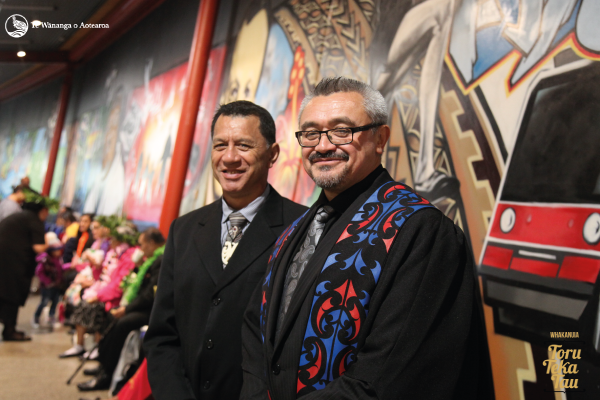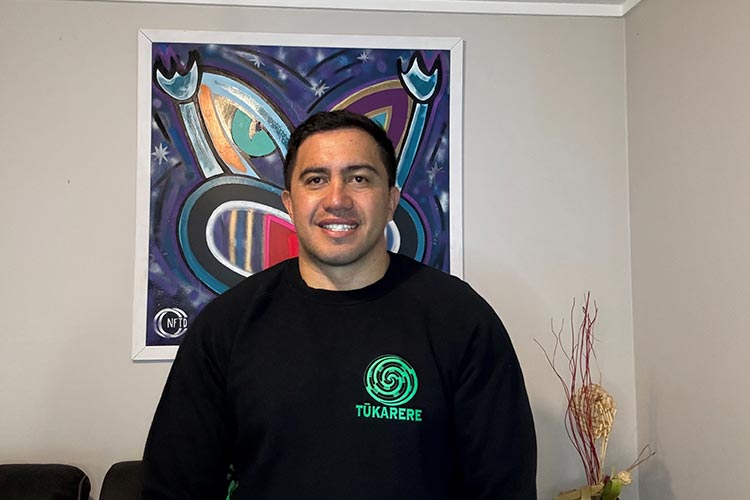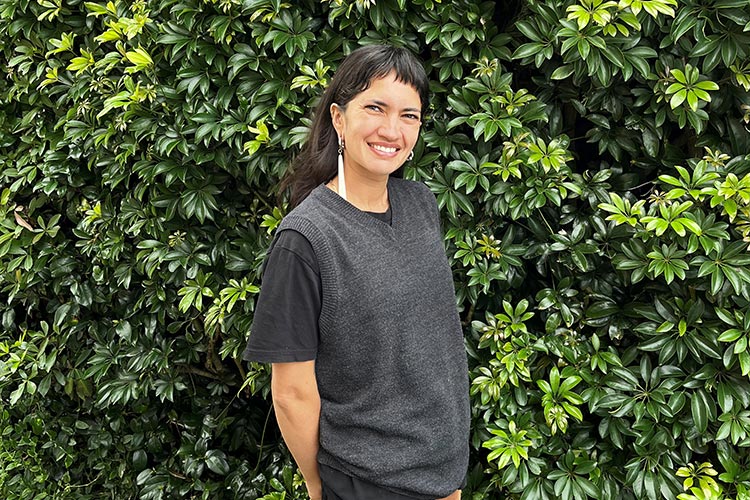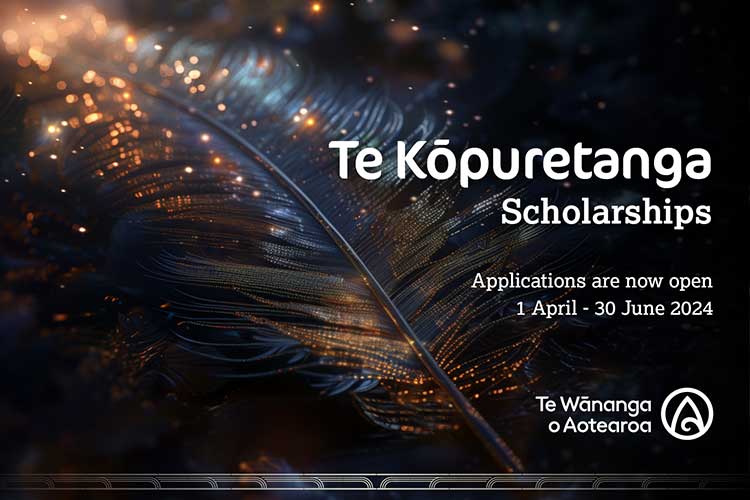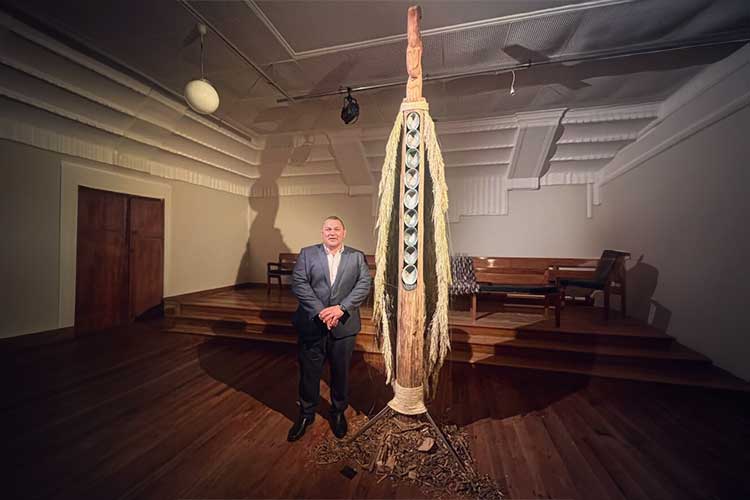He huringa kētanga nō roto mai o Te Reo Rotarota
Te Wānanga o Aotearoa successfully delivered another Te Reo Rotarota course last year - the third since 2010.
The 18-week Kawai Raupapa certificate in Māori sign language is designed and delivered by kaiako Richard Peri who is qualified in New Zealand Sign Language.
When Richard was three he lost his hearing and along with that a sense of cultural identity. Today, however, he keeps himself busy learning the nuances of Te Reo and advocating for kupu Māori in sign language.
Richard was first introduced to TWoA through Ako Wānanga development and monitoring manager Ruhia King, when she accompanied her deaf brother to a hui for hearing-impaired Māori in 1996.
"What came out of the kōrero was that we needed to look after our tikanga. Turi Māori yearned to have access to their own language and knowledge concepts."
Ruhia went on to take a NZ sign language class Richard was teaching, and thought it would be simple to translate signs such as 'ingoa' for 'name'. However, when it came to Māori locations and other words the sign language failed.
"I gasped in horror," says Ruhia.
'Manukau' for example was signed as 'Man a Cow', Papatoetoe was the letter P and then a point to each of your toes, Pukekohe was a rub of the 'puku' and so on.
"It became about taking the reo from your waha and putting it into your hands."
Through her training enterprise Te Rapu Mātauranga, Ruhia created the first Te Reo Māori sign language course in 1997 and further developed it into a kaiwhakamārama diploma in 2001.
Ruhia says a university sought to have the diploma revoked but with support from Māori language expert Dr Wharehuia Milroy the objection was dismissed as Turi Māori continue to become more empowered by increasing their Te Reo Rotaroata vocabulary.
Statistics New Zealand says hearing impairment affects nine percent of the New Zealand's total population, 54,000 being Māori.
Qualified signers, who can translate in to and from Māori, number around a dozen.
Ruhia says the opportunity is already in the hands of TWoA to supply the interpreters needed.
"I'm so glad that I've helped to make a difference and will continue to promote Reo Rotarota with Te Wānanga o Aotearoa when delivering training programmes to staff."
































